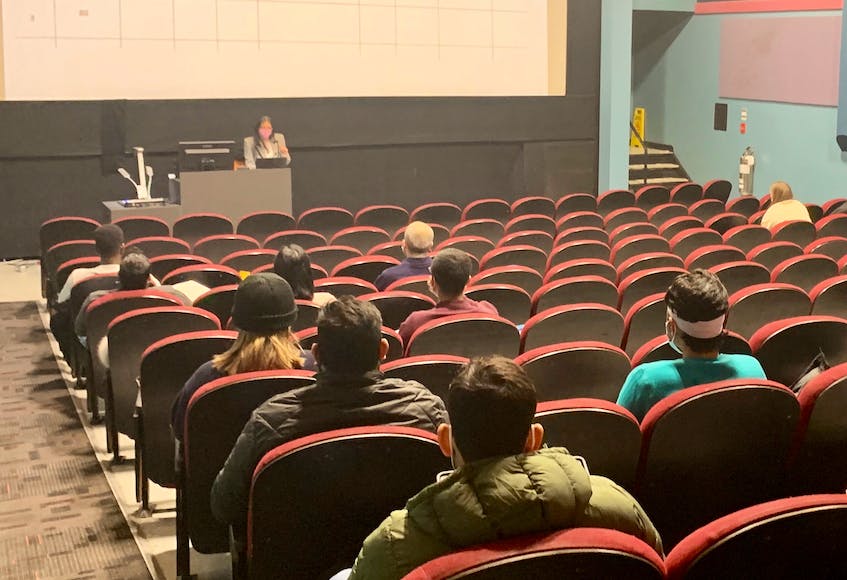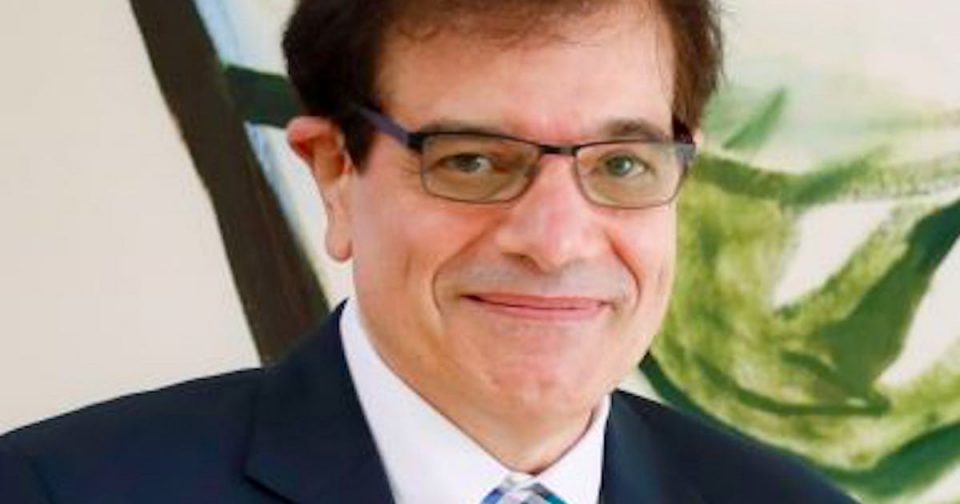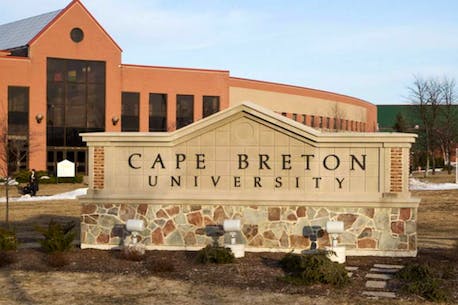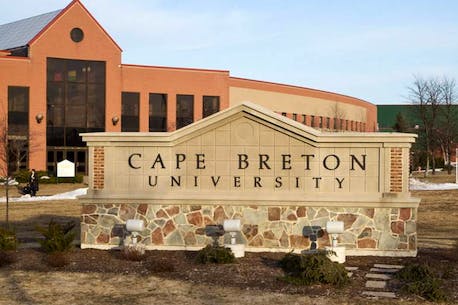SYDNEY, N.S. — There’s a new scapegoat to blame for global inflation and worldwide product shortages
It’s called the supply chain.
In fact, driven by the economic consequences of the COVID-19 pandemic, and more recently Russia’s invasion of Ukraine, the two words have become part of our collective vernacular within conversations about rising prices or hard-to-get items.
“It’s more pronounced than ever,” said George Karaphillis, the recently-retired dean of Cape Breton University’s Shannon School of Business.
“I would say that over the past 10 years supply chain management has become a whole field unto itself. Before we used to call it logistics or transportation or something like that, but now because of the pandemic we’re always hearing about supply chains.”
Popular subject
Karaphillis knows a thing or two about the distribution of goods in a global economy. He spent more than 30 years teaching at CBU with the last seven as dean of the business school.
He’s also responsible for establishing supply chain management courses at the post-secondary institution.
“I used to hear companies talking about supply chain management and I thought it was something we might someday get into,” recalled Karaphillis.
In 2018, the university began offering its now-incredibly popular post-baccalaureate diploma in supply chain management. The two-year program has three intakes (September, January and May) per year with approximately 150 new students entering the program each intake. There are now approximately 800 students enrolled in the program which focuses on the efficient management of transportation and logistics through studies in materials management, finances and in-transit information as products move from manufacturer to the end user.
“The program has exceeded our expectations,” said Karaphillis.
“Our grads are doing very well. And it has taken off and grown by leaps and bounds every year. We’re adding more faculty every year and that has been fueled by the success of our graduates.”
As an example, he pointed to Loblaw’s regional warehouse and distribution centre in Moncton.
“They were taking 10-12 students at a time on internships and now we probably have about 30 of our students working there in supply chain management,” he said.

Chain vulnerabilities
Karaphillis said companies haven’t always been tuned into the complexities and potential pitfalls of the supply chains they rely upon.
“The fact that we had the pandemic and the war in Ukraine has brought up the issue of inter-independence and being dependent on production from far away, and we’ve learned that in times of upheaval we cannot count on the supply chain,” he said.
“Many companies were surprised. They thought they knew the supply chain well and then they found out they did not. As soon as one vendor wasn’t able to deliver, everything went sideways. They didn’t have a backup plan.”
“As soon as there’s a hiccup somewhere along the chain, the whole thing goes in a tailspin and everything becomes more difficult. Everything is interlocked and fragmented and that makes it difficult to deliver some things and to deliver them at a good price.”
Karaphillis can now ease into retirement knowing that a program he helped establish is now among the most popular at Cape Breton University, which at this time is the only post-secondary institution in Atlantic Canada that offers the diploma.
Karaphillis has been succeeded by John Nadeau, who brings more than 25 years of higher education experience to the job. His latest position was at Nipissing University in North Bay, Ont., where he spent 15 years, including the last two as dean of education and professional studies.




